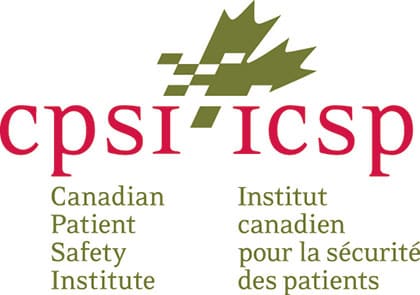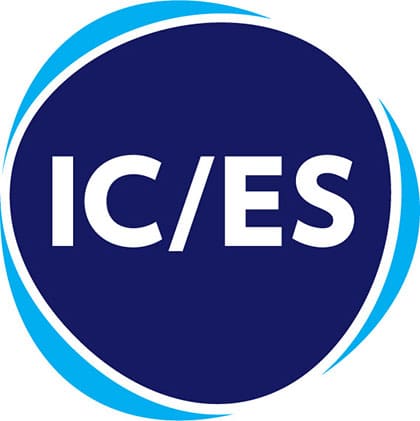Virtually CAHSPR hosted on May 27-28, 2020 focussed on the impacts of COVID19 on Canada’s health system, and explored A COVID Informed Vision for the Future of Healthcare and Health Services and Policy Research. The spectacular speakers and panelists discussed their views and observations on what the COVID pandemic has taught us about the delivery of healthcare in Canada, and the impacts of these lessons on health services and policy as the system evolves in response to the pandemic. You will find links to the materials and sessions from the inaugural Virtually CAHSPR event below.
A tremendous amount of work went into the research & resulting abstracts that were submitted for presentation at the in-person CAHSPR conference. We want to share this high calibre work with our community and this compilation of posters provides a glimpse into the outstanding work that our health services and policy researchers are undertaking.
Digital Posters
Those Virtually CAHSPR presenters who utilized a slide deck in their presentation share them here with the health services & policy research community.
Speaker Presentations
CAHSPR received an unprecedented number of excellent research abstract submissions for the planned in-person conference. When COVID19 forced the cancellation of the in-person conference, the excellent quality of the submissions deserve recognition and so each of the abstracts accepted for presentation are collated and presented here.
May 26, 2020 (5:00pm EDT) – Pre-Conference Student Event
May 27, 2020 (11:00am EDT) – Day 1, Session 1
May 27, 2020 (2:00pm EDT) – Day 1, Session 2
May 28, 2020 (11:00am EDT) – Day 2, Session 1
May 28, 2020 (2:30pm EDT) – Day 2, Session 2
May 28, 2020 (5:00pm EDT) – Day 2, Session 3
Session descriptions:
- COVID19: What Have We Learned and How Has Healthcare & Research Changed?
- Power & Peril: How Information and Informatics Are Shaping Pandemic Response
- Great Adaptations: COVID19 Inspired Vision for the Future of Healthcare in Canada
- Collateral Damage: The Unintended Consequences of COVID19
- Putting Clothes on the Emperor: Opportunities for Healthcare and Research in the COVID Aftermath







